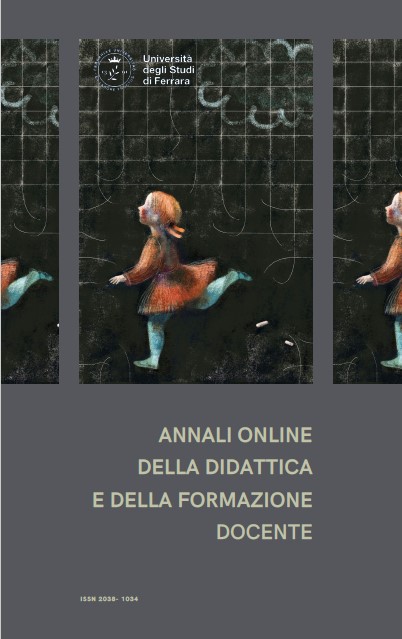L’orientamento tra pratiche di adattamento e percezione dei processi di esclusione sociale
DOI:
https://doi.org/10.15160/2038-1034/2961Keywords:
individual and collective stories, social conditioning, class membership, critical consciousness, meritocracyAbstract
Abstract – Guidance practices – particularly those dedicated to formal learning and training – often take place at times in the lives of individuals when many of their potentials do not have the opportunity to be expressed, due to the social constraints that have influenced their individual and family histories. Guidance policies have the responsibility to face this critical aspect, avoiding imaginative declarations of principle, preventing the production of adaptive practices that convince people to conform to the limits imposed on them by economic and social contingencies. Inspired by the reflections of Didier Eribon and the Barbiana School, it becomes evident that any intention of guidance, which stems from democratic and progressive cultures, aiming to provide individuals with tools to 'know and choose,' cannot help but confront economic and social belonging and work so that the individuals acquire awareness and think differently about themselves and their history.
Downloads
Published
Issue
Section
License
Copyright (c) 2024 Annali online della Didattica e della Formazione Docente

This work is licensed under a Creative Commons Attribution-NonCommercial-NoDerivatives 4.0 International License.






